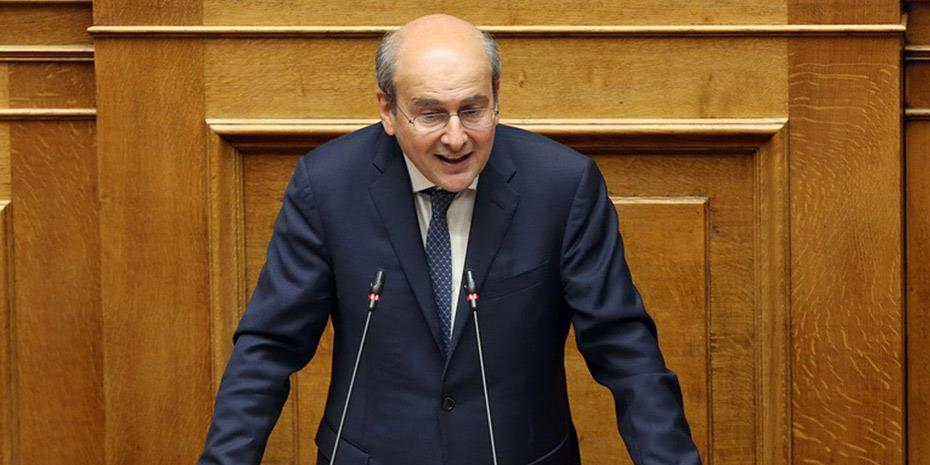
The net primary expenditure targets sent by the European Commission to Greece under the new fiscal framework are consistent with the country's fiscal policy planning for the coming years.
According to Ministry of Economy and Finance representatives cited by the Athens News Agency, the net primary expenditure targets call for a maximum allowable annual increase in net primary expenditure in the neighborhood of 3% (on average) per year for the years 2025–2028 (recall that the corresponding target for 2024 was 2.6%). Following a technical discussion with the European Commission, Greece will finalize the net primary expenditure targets and include them in the medium-term fiscal-structural program that it will submit to the Commission in the fall.
All in all, the same officials point out that, according to the Athens News Agency, the above targets are consistent with the fiscal policy design for the coming years and reflect the significant progress Greece has made on all the variables that determine the sustainability of Greek public debt: It is noteworthy that in the period following the outbreak of the pandemic (i.e., the three-year period 2021–2023), Greece's debt-to-GDP ratio declined at a record rate in the history of the euro area. At the same time, Greece has returned to a healthy primary surplus, has recovered its investment grade, thereby significantly reducing public borrowing costs, and is experiencing a growth rate significantly above the European average. This positive performance, they add, is the result of a generally successful economic policy, which allows the continuation of growth-friendly and socially cohesive policies.
According to the officials of the Ministry of Finance, the government's decision on additional measures to boost citizens' incomes and further reduce burdens for 2025, amounting to €880 million, as foreseen in the April Stability Programme, is also in this context, namely:
- A 0.5% reduction in social security contributions, at a cost of EUR 225 million.
- The reduction, effectively abolition, of the business tax for professionals came at a cost of EUR 120 million.
- The permanent refund of the special consumption tax for farmers, at a cost of EUR 100 million.
- An increase in the student housing allowance (EUR 15 million).
- The increase in pensions, which, according to the well-known formula, is estimated at around EUR 400 million,.
- The suspension of VAT on construction at a cost of EUR 20 million.






